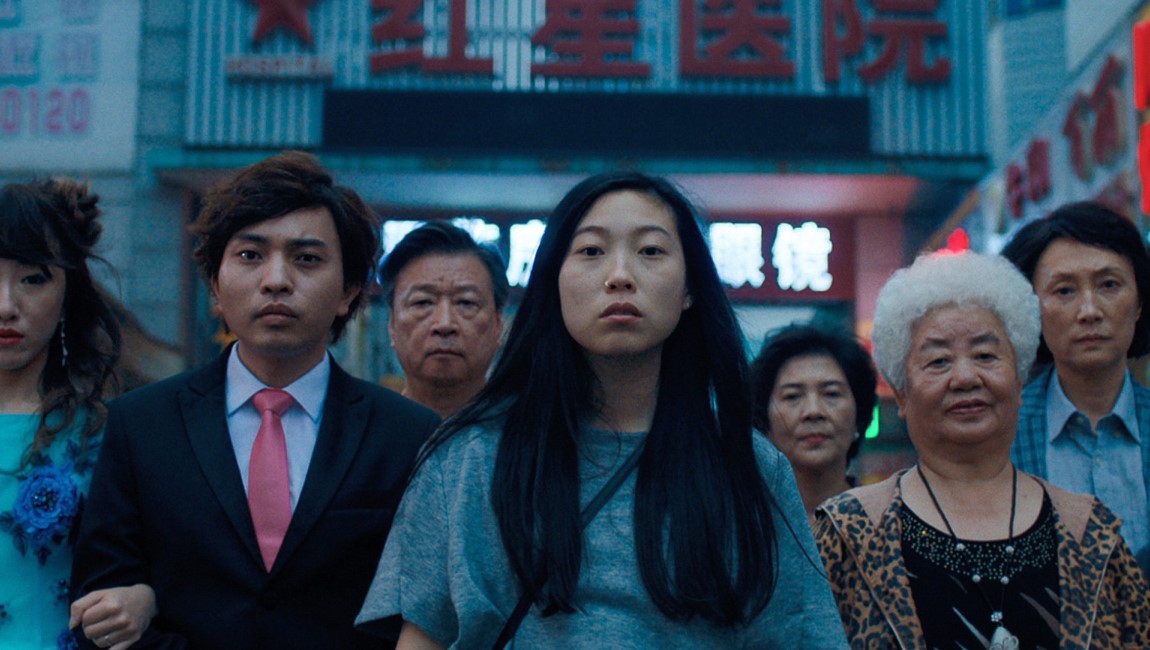We may have gotten to the point where not only is A24 curating its brand with obvious aesthetic guidelines, but also, we have fresh filmmakers out there recognizing those guidelines, and choosing to craft films with the A24 demographics in mind — much like the trend of the quirky Amer-indie that bets its distribution life on a well-received Sundance bow. That’s the problem with Lulu Wang’s The Farewell: slow-motion sequences of characters walking together and an overbearing, choral-infused score — which probably secured the film its A24 contract — tend to skew the focus of what is otherwise a sharp dramedy on issues of intercultural understanding, nationalism, and familial connection. New York-based Billi (Awkwafina) finds out that her Nai Nai (Zhou Shuzhen) — Chinese for ‘grandmother, on your father’s side’ — with whom she’s communicated long-distance from China for most of her life, is dying of cancer. But by instruction of her family, no one is allowed to tell her. Billi isn’t even supposed to go back with her parents to their birth city of Changchun, for the pretend wedding that the family has planned as an excuse, because she “can’t hide her emotions.”
All of this serves to set up The Farewell’s surprisingly even-handed study of cultural mores, and in particular, its unpacking of the sociopolitical realities that make the collective shouldering of emotional burden an ingrained part of Chinese identity. A big moment used in the film’s trailer, ready-made for an Oscar clip should things go that far, finds Billi’s exasperated uncle (Jiang Yongbo) trying to reason with his niece: “You think one’s life belongs to oneself. But that’s the difference between the East and the West. In the East, a person’s life is part of a whole.” The scene is didactic, sure, but what goes unstressed is why this is the case — which is to say, the collectivist context of modern China’s subject formation. Wang chooses to articulate her politics in more subtle ways, like the recurring shots of vacant apartment buildings, casualties of a fraught real estate market in third-tier Chinese cities like Changchun. Which isn’t to say that The Farewell is really meant as a stealth effort of biting social critique; it’s no more critical of Chinese values than it is of American ones (as is made apparent during an incisive dinner table scene). Wang strikes a balance, and shows more interest in grappling with complicated realities than she does in taking cultural sides. This nuance extends, too, to the character work in her film, from Billi grappling with concepts of individual agency as a young Chinese-American, to her father (Tzi Ma), a Chinese national, struggling between the freedom he found in life in America and the directionlessness he’s felt since leaving his home. Wang’s voices as both writer and thinker are strong and assertive — so hopefully, next time, she won’t need a trendy distributor to be heard.
Published as part of July 2019’s Before We Vanish.






